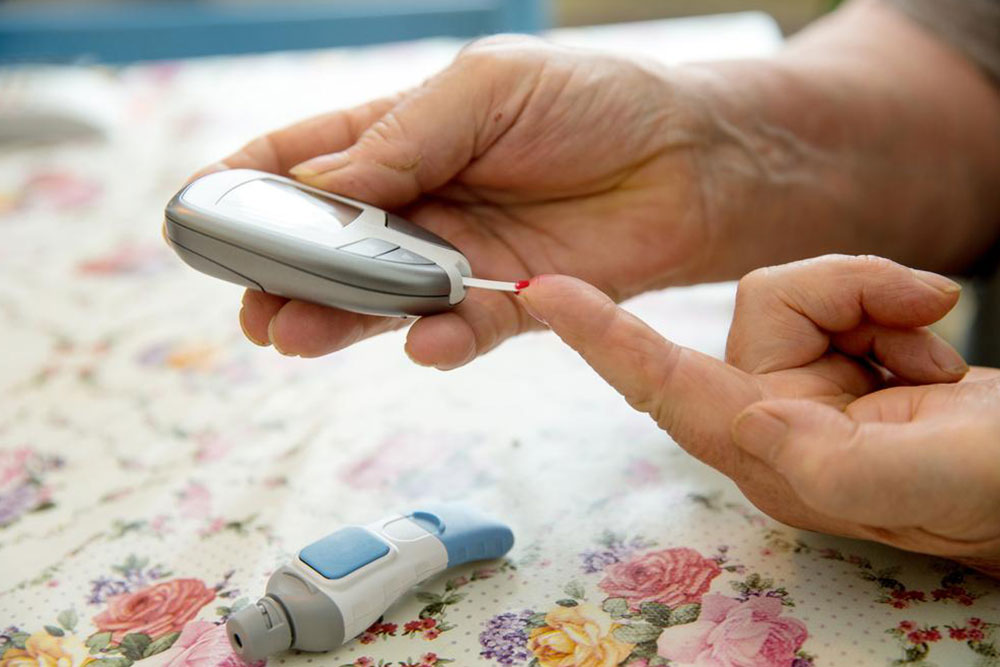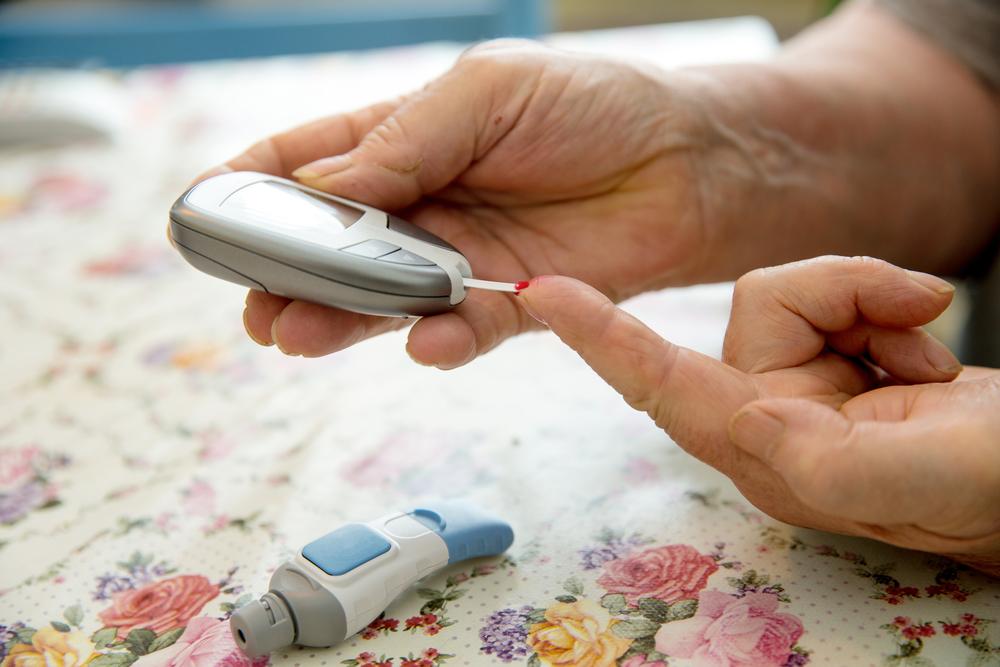Breaking Myths About Diabetes: What You Need to Know
This article clarifies common misconceptions about diabetes, explaining differences between types, the role of insulin, sugar's impact, and symptom recognition. It aims to educate readers for better management and awareness of the condition, emphasizing the importance of proper diagnosis and lifestyle modifications.

Breaking Myths About Diabetes: What You Need to Know
Diabetes results from high blood sugar levels caused by the body's inability to efficiently convert food into energy via insulin. When this process fails, it can lead to serious health issues. Despite being common, misconceptions about the condition circulate, causing confusion. Understanding the facts is essential for proper management and prevention. Here are some key truths to dispel common myths surrounding diabetes.
Myth 1: Type 1 and Type 2 Diabetes Are the Same
While both involve insulin issues, Type 1 is an autoimmune disorder where the body can't produce insulin, usually diagnosed in children. Type 2 involves insulin resistance, where the body produces insulin but cells don't absorb it effectively. Severity varies—some Type 2 patients might need insulin, others can manage without it.
Myth 2: Insulin Dependence Is Inevitable
Insulin is essential for severe cases but not always mandatory for all diabetic patients. People with Type 2 diabetes can often manage their condition through lifestyle changes, reducing or even eliminating reliance on insulin in some cases.
Myth 3: Sugar Directly Causes Diabetes
Consuming sugar doesn't directly cause diabetes, but high sugar intake, especially from processed foods and sweets, contributes to weight gain and obesity, which are primary risk factors.
Myth 4: Symptoms Are Obvious
Symptoms like blurred vision, thirst, fatigue, and frequent urination are common but not specific. The only definitive way to diagnose diabetes is through blood glucose testing, as symptoms can mimic other health issues.










